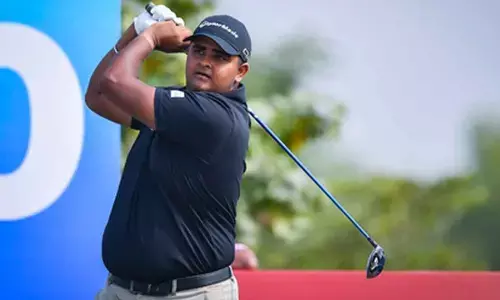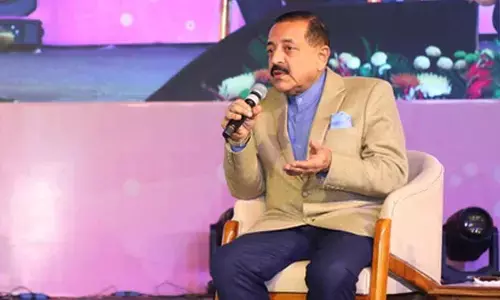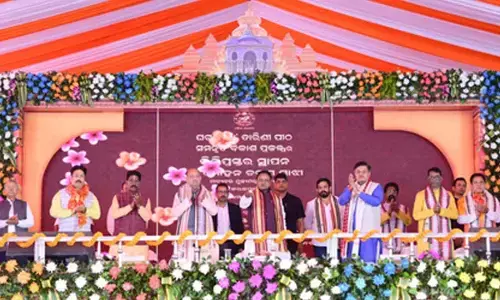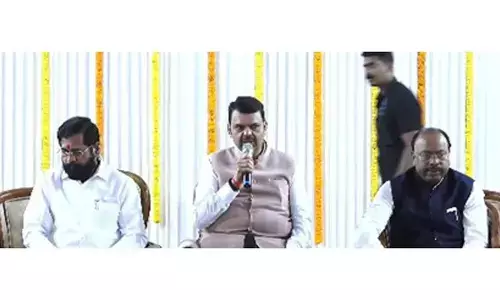26/11: I wanted an open trial for the world, says Ujjwal Nikam
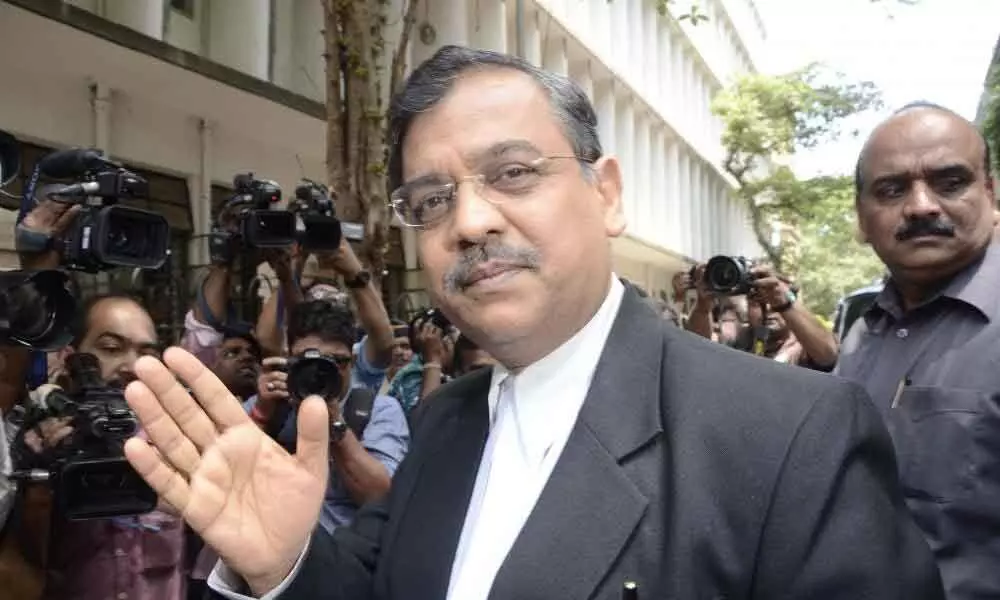
Ujjwal Nikam
As India prepares to observe the 12th anniversary of the dastardly Nov. 26, 2008 (26/11) terror strikes in the country's commercial capital Mumbai, celebrated lawyer Padmashri Ujjwal Nikam revealed how in 2009, he insisted on a "public trial" in the case.
Mumbai: As India prepares to observe the 12th anniversary of the dastardly Nov. 26, 2008 (26/11) terror strikes in the country's commercial capital Mumbai, celebrated lawyer Padmashri Ujjwal Nikam revealed how in 2009, he insisted on a "public trial" in the case.
"Actually, the government considered holding an 'in-camera trial', given its sensitive nature with domestic, regional and global political ramifications, besides the massive security concerns. I strongly urged that there should be an open, transparent trial, under full scrutiny of the world," Nikam, who was the Special Public Prosecutor in the case, told IANS.
Given the keen interest all over, the government nodded its approval -- and what unfolded was the biggest legal war within the confines of a high-security Special Court set up inside the Arthur Road Central Jail, in front of the domestic and international media, leaving them stunned.
With a battery of lawyers and investigators, SPP Nikam directed the government charge against the sole surviving terrorist Ajmal Amir Kasab, nabbed alive, but only after a daredevil policeman Tukaram Gopal Omble sacrificed his own life in the valiant effort in the early hours of that cool morning of Nov. 29 (2008).
Probably, it was the first time in the world that a savage gun-toting terrorist was caught red-handed as he unleashed mayhem along with his 9 associates, who were gunned down at various locations by the security forces in the 60-hour full-fledged battle in South Mumbai. Starting around late night of Nov. 26, 2008, the attackers struck with clinical precision at a dozen high-profile public locations, leaving a trail of massive destruction and the final death count of 166, plus 300 injured.
"India can proudly proclaim that it was an unprecedented, open-court trial of a brutal terrorist, never witnessed before by the world, and has become a torch-bearer on many counts, and finally resulted in the noose for Kasab (Nov. 21, 2012)," said Nikam, 67, honoured with a Padmashri (2016).
According to the SPP, the most important aspect of the trial was its 'secular' nature, given the touchy political or religious overtones involved at different levels.
The trial Special Judge M. L. Tahiliyani, the SPP Nikam, Additional Chief Metropolitan Magistrate (Mrs.) Rama V. Sawant-Vagule, (who recorded Kasab's maiden statement post-arrest early morning of Nov. 29, 2008), the government-appointed lawyers defending Kasab at different points - Abbas Kazmi, K. P. Pawar, Amin Solkar and (Ms) Farhana Shah - hailed from different religious backgrounds.
Nevertheless, they worked in a thoroughly professional manner, with a common aim for 'justice', but punctuated by many antics, often leading to murky or mirthful brawls between the tough prosecution and the aggressive defence, while the country and world watched closely.
For instance, the defence started by lobbing a legal grenade claiming "Kasab was a minor" which caught the prosecution unawares and created a huge fracas, while the prosecution once hit back, frowning at the delay tactics by the defence, and contended how "Kasab is feasting on Mutton Biryani in jail" - though both declarations proved false later!
He terms this as "a tribute to the immense respect and credibility of the Indian justice system" domestically and internationally, as there have "been absolutely no questions raised" on the manner in which the trial was conducted, the punishment handed out, Kasab given full opportunity right up to the President of India, and finally being executed.










